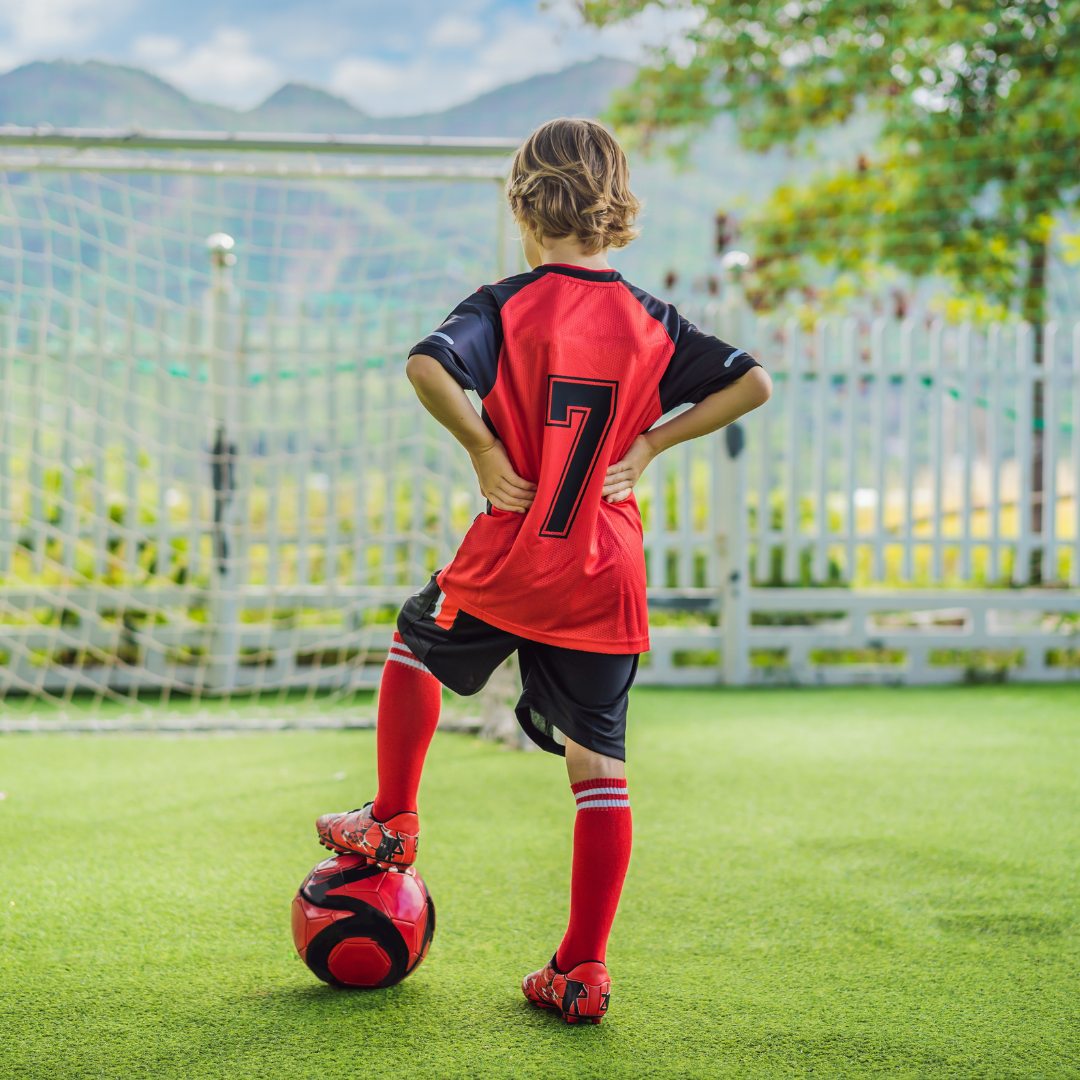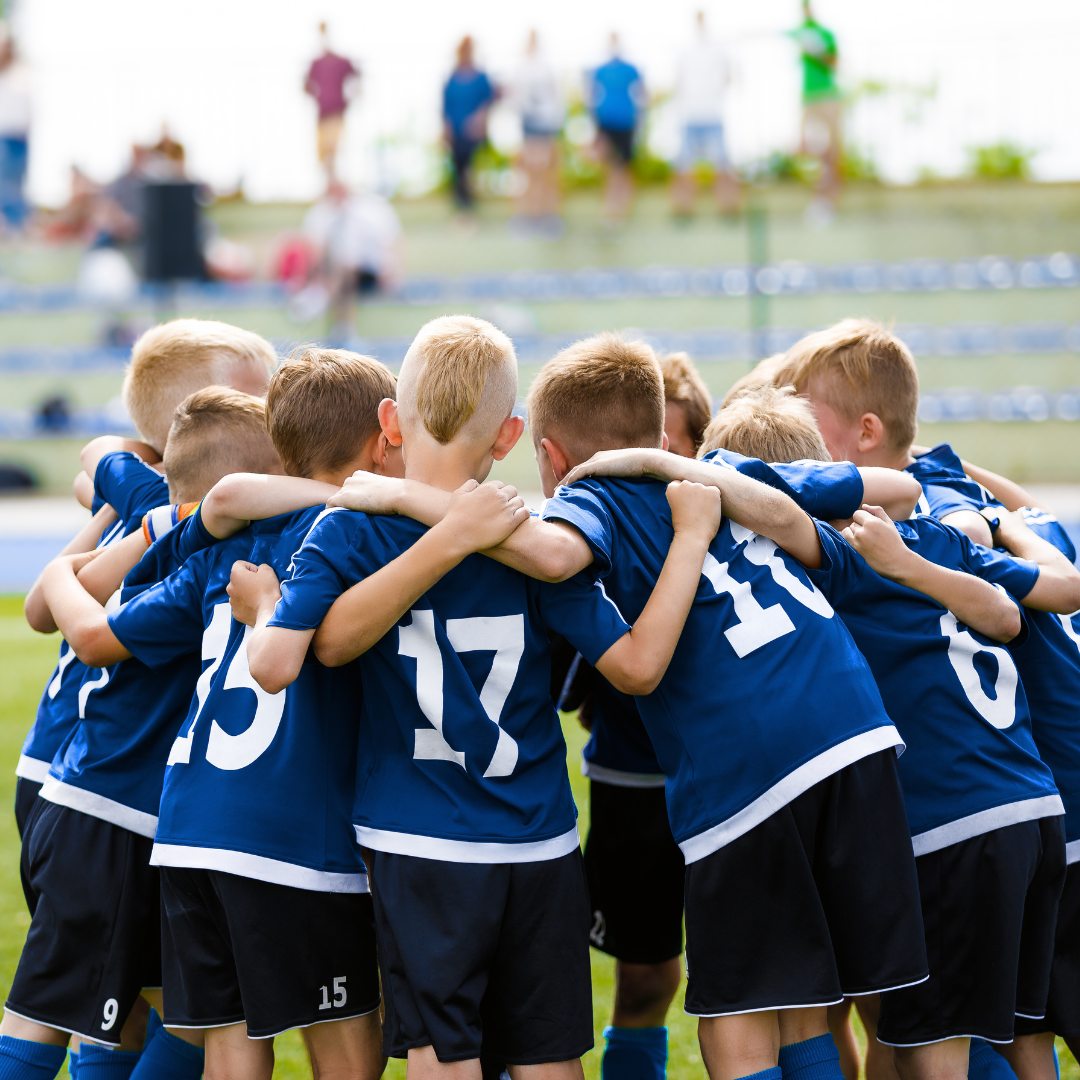Football’s Real Impact on Young Kids in the UK
Football isn’t just the nation’s favourite sport—it’s part of growing up. From school fields to local parks, most children kick a ball before they can tie their shoes. But beyond the excitement, football quietly shapes their bodies, minds, and social lives in powerful ways.
Physical Benefits: Fitness Without Forcing It
Football keeps kids moving—running, jumping, kicking, and reacting nonstop. Through play, they naturally:
-
Build strength and stamina
-
Improve balance, coordination, and motor skills
-
Stay active and avoid health issues linked to inactivity
Because football is fun and fast-paced, kids don’t think of it as “exercise”—just playtime.
Mental and Emotional Growth
Football gives kids real-life opportunities to build resilience and confidence:
-
Handling pressure: Missing a goal or losing a match teaches them how to deal with setbacks
-
Confidence boosts: A good pass or goal helps them feel capable
-
Emotional balance: They learn to enjoy winning without losing their heads—and cope with defeat without falling apart
For children who don’t always feel confident at school, football can be the place they thrive.
Social Skills and Teamwork
Football gives kids their first real taste of being part of something bigger. A team naturally develops:
-
Communication
-
Empathy and respect for others
-
Lasting friendships
Kids learn quickly that every player matters, and winning has to be a shared effort.
Discipline and Routine
From showing up to training to listening to a coach, football introduces structure. Kids learn to follow rules, respect guidance, and take responsibility—skills that help at home and in school too.
Community Football in the UK
Grassroots football is everywhere—local clubs, school leagues, and initiatives like the FA’s Weetabix Wildcats. For many families, weekend football is about more than the match. Parents connect, kids make friends, and communities form around the game.
It’s also become more inclusive. Girls’ teams are growing fast, and more opportunities are opening up for children with disabilities.
The Challenges (and How Adults Can Help)
Football isn’t perfect, and kids can struggle when:
-
Pressure from adults turns fun into stress
-
Injuries happen, even in safe environments
-
Winning becomes the only focus
The solution? Keep it enjoyable. Praise effort, not just results. Let kids play, learn, and grow at their own pace.
In the End
Football gives children far more than goals and medals. It builds confidence, keeps them healthy, teaches teamwork, and gives them a place to belong. Whether they go pro one day or just play for fun, the lessons they learn with a ball at their feet stay with them for life.
The beautiful game really earns its name.




Leave a comment
This site is protected by hCaptcha and the hCaptcha Privacy Policy and Terms of Service apply.